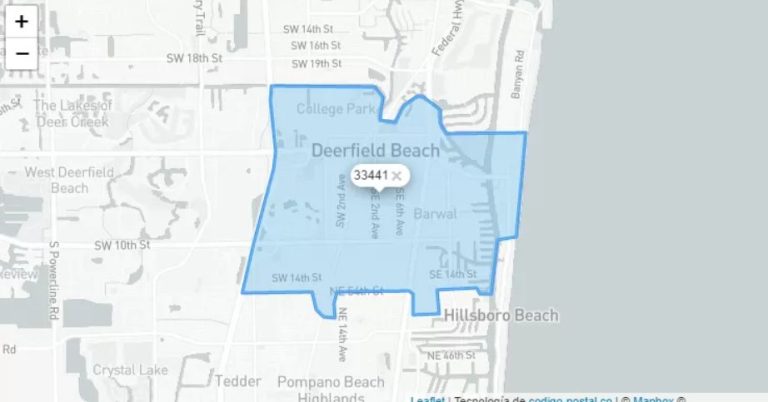Contents
What Does Major Medical Insurance Cover?
Major medical insurance plans typically cover a wide range of medical expenses, including:
- Hospitalization: This includes inpatient hospital stays, including room and board, nursing care, and other hospital services.
- Surgery: This includes both inpatient and outpatient surgery, as well as the surgeon’s fees and other related expenses.
- Doctor visits: This includes visits to primary care physicians, specialists, and other healthcare providers.
- Prescription drugs: This includes both brand-name and generic drugs.
- Other medical services: This may include laboratory tests, X-rays, physical therapy, and other diagnostic and treatment services.
What Does Major Medical Insurance Not Cover?
Major medical insurance plans typically do not cover certain types of medical expenses, such as:
- Cosmetic surgery: This includes procedures that are performed for aesthetic reasons, rather than for medical necessity.
- Experimental treatments: This includes treatments that are not yet widely accepted by the medical community.
- Long-term care: This includes services that are provided to individuals who need assistance with activities of daily living, such as bathing, dressing, and eating.
- Dental and vision care: These services are typically covered by separate dental and vision insurance plans.
How Much Does Major Medical Insurance Cost?
The cost of major medical insurance varies depending on several factors, including:
- The type of plan: There are several different types of major medical insurance plans, including Health Maintenance Organizations (HMOs), Preferred Provider Organizations (PPOs), and Point of Service (POS) plans. Each type of plan has its own unique features and costs.
- The level of coverage: Major medical insurance plans offer different levels of coverage, with higher levels of coverage typically costing more.
- The deductible: The deductible is the amount of money that the insured must pay out of pocket before the insurance company begins to pay for covered expenses. Plans with higher deductibles typically have lower premiums.
- The coinsurance: Coinsurance is the percentage of covered expenses that the insured must pay after the deductible has been met. Plans with higher coinsurance typically have lower premiums.
- The out-of-pocket maximum: The out-of-pocket maximum is the most that the insured will have to pay out of pocket for covered expenses in a given year. Plans with higher out-of-pocket maximums typically have lower premiums.
- The age and health of the insured: Older individuals and those with pre-existing medical conditions typically pay higher premiums for major medical insurance.
- The location of the insured: The cost of major medical insurance can vary depending on the location of the insured.
How to Choose a Major Medical Insurance Plan
When choosing a major medical insurance plan, it is important to consider your individual needs and budget. You should also compare different plans to find the one that offers the best coverage at the most affordable price. Here are some tips for choosing a major medical insurance plan:
- Assess your healthcare needs: Consider your current health status, your family’s health history, and your expected healthcare needs in the future.
- Determine your budget: Decide how much you can afford to pay for premiums, deductibles, coinsurance, and other out-of-pocket expenses.
- Compare different plans: Get quotes from several different insurance companies and compare the plans’ features, benefits, and costs.
- Read the fine print: Make sure you understand the plan’s coverage, exclusions, and limitations before you enroll.
- Ask questions: If you have any questions about a plan, contact the insurance company or a licensed insurance agent.
Where to Get Major Medical Insurance
There are several different places where you can get major medical insurance, including:
- The Health Insurance Marketplace: The Health Insurance Marketplace is a government-run website where you can compare and enroll in health insurance plans.
- Your employer: Many employers offer health insurance benefits to their employees.
- A private insurance company: You can also purchase major medical insurance directly from a private insurance company.
- A licensed insurance agent: A licensed insurance agent can help you compare different plans and find the one that is right for you.
Conclusion
Major medical insurance is an important part of protecting your financial health. It can help you pay for the high costs of healthcare, including hospitalization, surgery, doctor visits, prescription drugs, and other medical services. When choosing a major medical insurance plan, it is important to consider your individual needs and budget. You should also compare different plans to find the one that offers the best coverage at the most affordable price.
Read More: Affordable Oklahoma Insurance: Navigating the Sooner State’s Insurance Landscape





